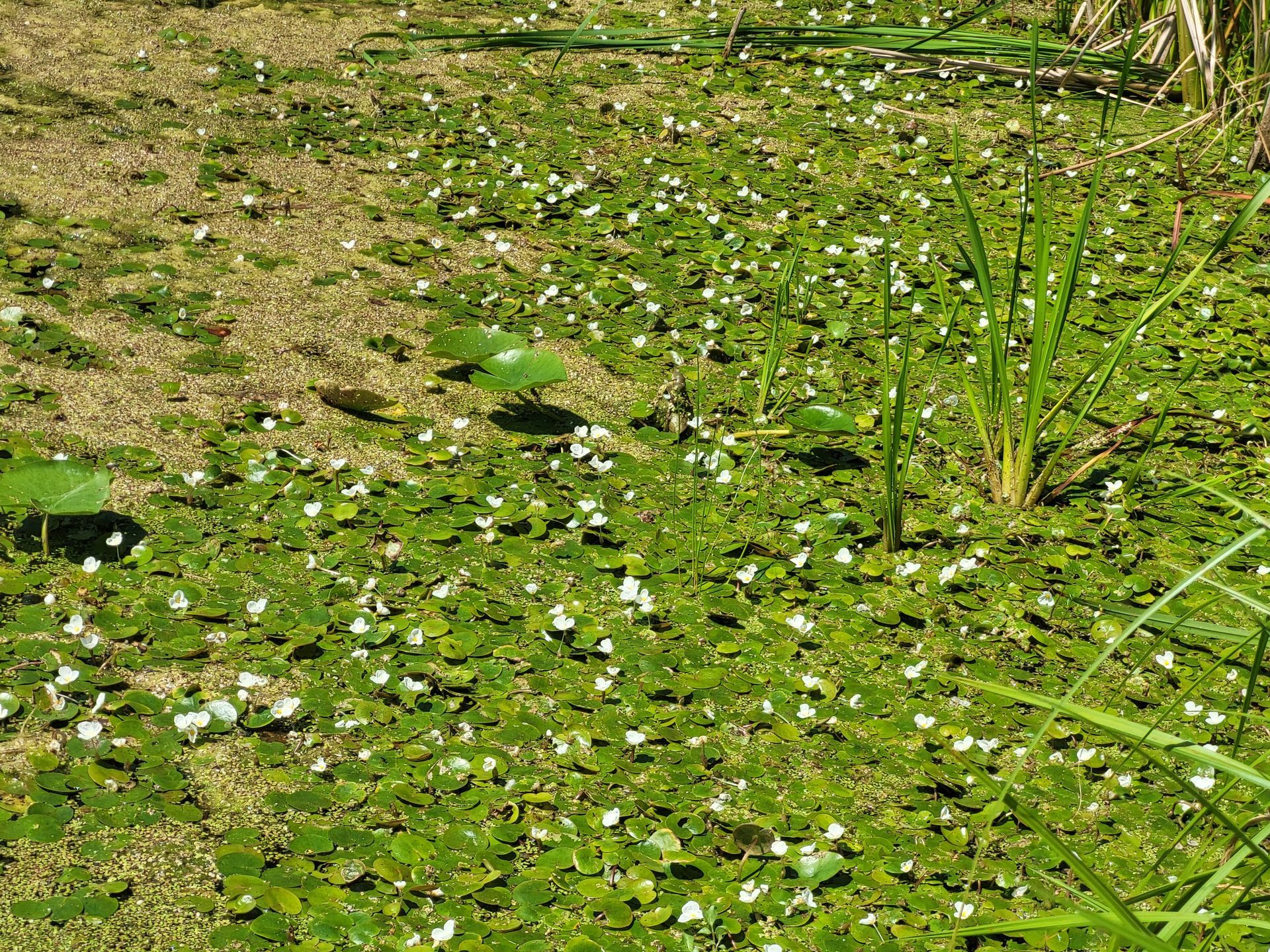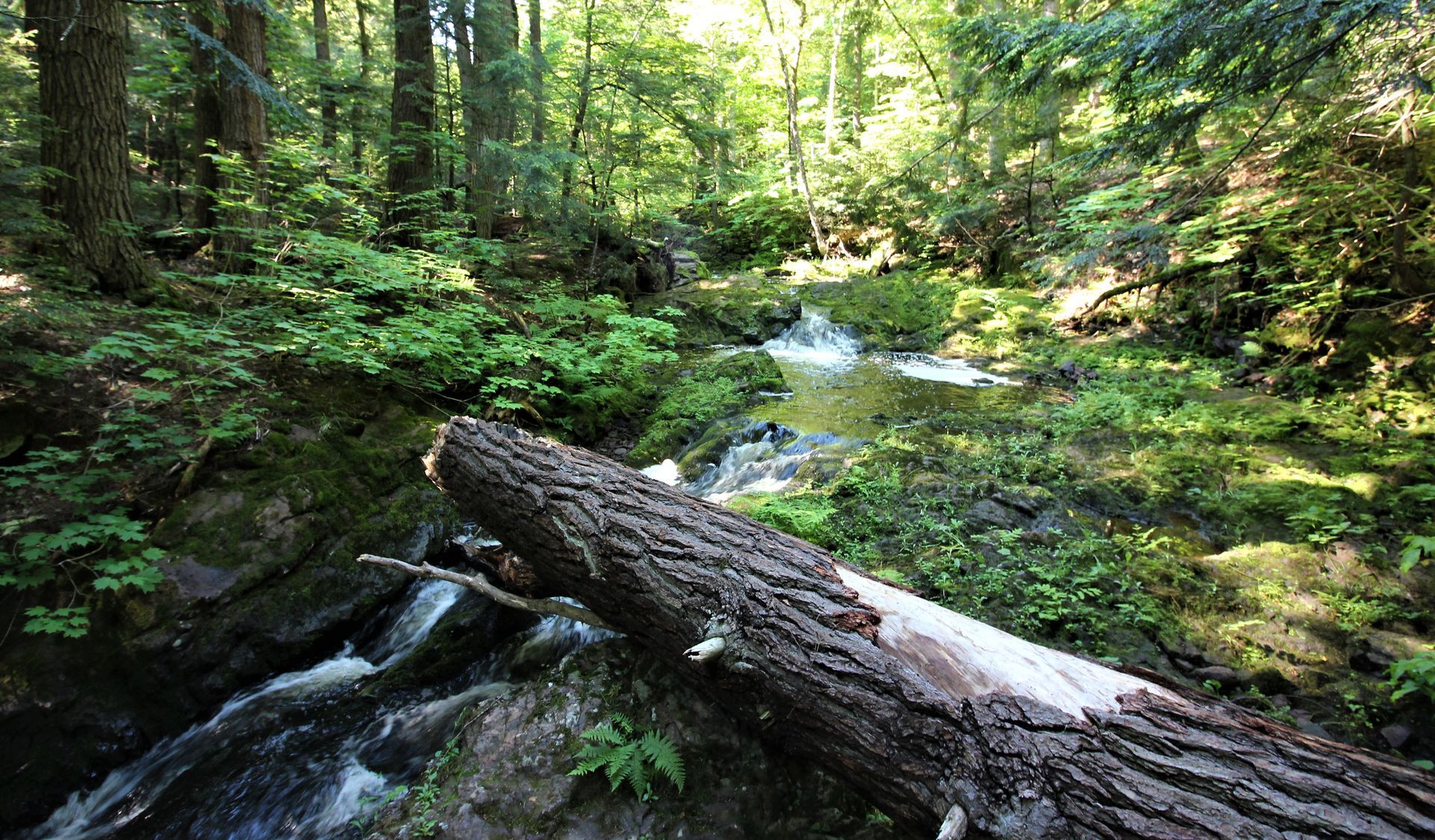December NRC Recap
A new Michigan wolf management plan was signed by DNR Director Dan Eichinger at December’s NRC meeting.
The plan, presented to the commission at the November NRC meeting, provides a non-operational management plan for gray wolves in Michigan. The plan states that detailed operational tools and methods of management will be specified through traditional regulatory processes.
NRC Chair Tom Baird made it a matter of record that the commission neither approves of nor rejects the plan and is free to make its own decisions on wolf management based on the best available science.
“At a time where regulatory changes or a hunt may be considered, the commission will use the wolf management plan a key item for consideration,” Baird said. “The commission will also consider input from stakeholders, department biologists, and the general public as these decisions are made.”
After being tabled for several months, the commission acted on Fisheries Order 210.23 and the Commissioner David Cozad amendment to that order. The amendment passed by a vote of 5-2, and the amended order on a unanimous vote.
Under new business for commissioners were Fisheries Order 216.23 and Wildlife Conservation Order #1 of 2023.
Fisheries Order 216.23 proposes certain regulations for the export of minnows, wigglers, and crayfish from Michigan waters to comply with Part 487 of P.A. 451 of 1994, as amended via Public Act 30 of 2022. The order also amends reporting deadlines and requirements for a new online reporting system.
Wildlife Conservation Order #1 of 2023 proposes more stringent requirements for an individual to obtain a wildlife rehabilitation license, including time training under a licensed rehabilitator or veterinarian.
Under new business for the director were the oil and gas lease auction results from October and an order relating to Prairie River, reclassifying it from a warm water stream to a cold-transitional stream.
There were eight land transactions up for action. MUCC reviews any transaction exceeding 80 acres, of which there are two.
Land Transaction Case #20210129 is an acquisition of 158.67 acres in Livingston County, the property borders state land on the south and has access to the Silver Lake shoreline.
Land Transaction Case #20220140 is an exchange of 40 privately owned acres, surrounded on four sides by existing state land, for 80 state-owned acres previously designated as surplus lands and isolated from other state lands.
DNR Deer and Elk Specialist Chad Stewart presented commissioners with an update on the 2022 Deer Season using data from the new harvest reporting system.
Wildlife Committee heard a presentation on DNR Wildlife Division’s Human-Wildlife Conflict Workgroup focusing on beaver management and the effect beavers can have on trout streams.
This will be the last NRC meeting for DNR Director Eichinger who begins his tenure as acting director of EGLE effective January 1, 2023. In his stead, Deputy Director Shannon Lott will assume the role of Acting DNR Director.
The NRC schedule for 2023 has not been released yet but meetings will remain on the second Thursday of each month.
The post December NRC Recap appeared first on Michigan United Conservation Clubs.
Recent Posts



